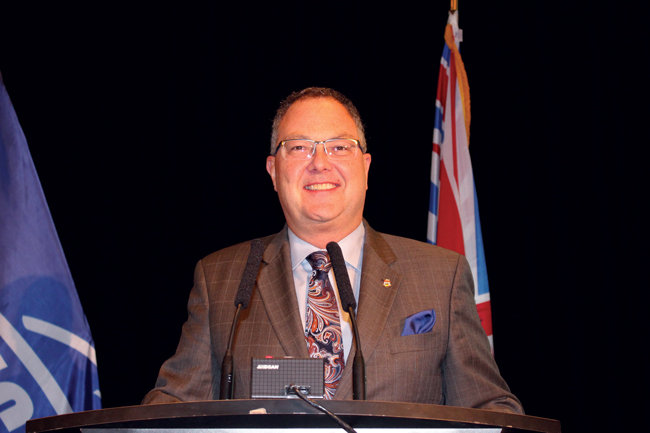
Blair Qualey: President & CEO, NCDA
The new luxury tax on vehicles went into effect on Thursday amid much controversy. Dealer associations and auto industry leaders all over the country have questions and concerns, prompting Tim Reuss, the CEO of CADA to write a “strongly worded” letter to the Minister of Finance Chrystia Freeland, decrying the potential for “a fiasco”. This letter was regarding the considerable amount of unanswered questions about the tax, which not even the CRA seemed able to provide answers for. Blair Qualey, President and CEO of the New Car Dealers Association of BC (NCDA) has those concerns, in addition to the fact that In BC, there already exists a luxury tax on vehicles, meaning that this new tax amounts to a tax-on-tax.
“In 2019, the provincial government decided to add what I call ‘luxury super taxes’ to the existing luxury tax structure for vehicles,” said Qualey, in an interview with Canadian auto dealer on Thursday. “Shortly thereafter, the remittances of our dealer members selling those kinds of vehicles dropped by about 30 per cent, because folks find ways to purchase vehicles where they don’t have to pay that kind of price.”
In addition to the uneven provincial implementation, NCDA BC has been critical of the provincial tax because it covers all vehicles over $55,000, when the average price of any new vehicle in BC is currently over $54,000. Qualey believes that BC and Quebec, who have provincial luxury taxes will lose out on business to provinces who now will only have to file the federal luxury tax.
Qualey and the NCDA BC issued a press release on Thursday stating their concerns, and asking for a delay in implementation. “Unfortunately, on the very day that the luxury tax is slated to come into effect, our sector is faced with complying with a tax for which there are still many unanswered questions,” said the release. “Our federal body, the Canadian Auto Dealers Association, has voiced concerns for the past year, and today we are echoing their urgent call for an extended grace period for implementation, greater resources to resolve concerns or a delay in implementation.”
In the end, it’s the dealers who will bear the brunt of this tax in their bottom line, so Qualey recommends they take action. “In our recent communications to our members, both nationally from CADA, and us at NCDA BC, is to encourage them to write to their local MP and tell them what the impact of this is going to mean to their businesses and ultimately, potentially to jobs in their business.”











